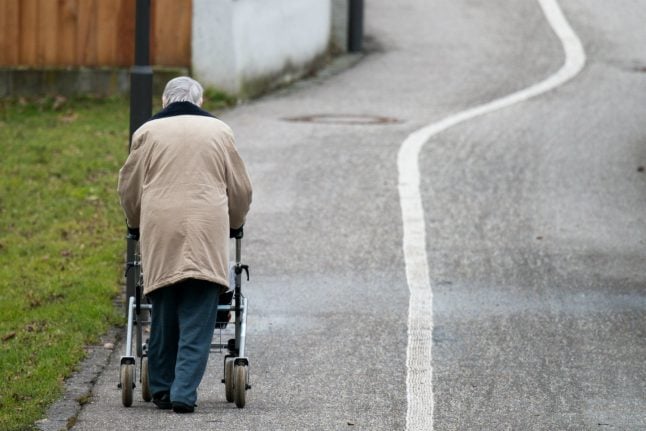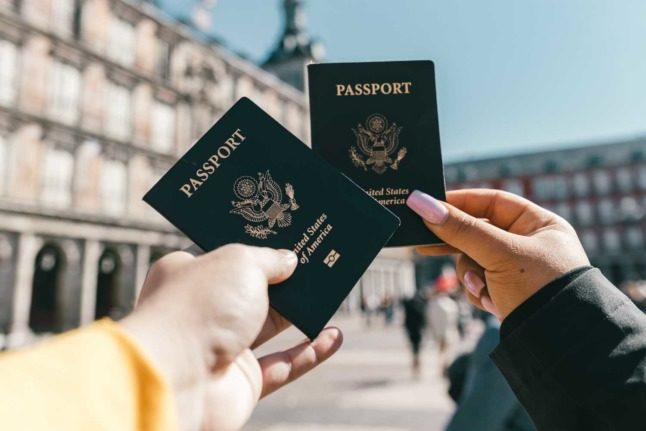According to the survey by Deutsche Bank with opinion research institute Ipsos, every second person in Germany has concerns about being able to live comfortably when they get older, while almost as many lack the means for private provision.
The study found many people feel the state pension will not be sufficient in retirement.
“We are seeing a rather shaken confidence in the statutory pension,” said Thomas Hörter, Head of Market Research at Deutsche Bank.
According to the survey, only 17 percent of the 3,200 respondents between the ages of 20 and 65 expect the state pension to be sufficient in old age. A massive 70 percent, on the other hand, believe that they'll only get basic care from this source.
And at least half (54 percent) of those surveyed even expect the statutory pension system to collapse sooner or later as Germany struggles with an ageing society.
READ ALSO: Old-age poverty in Germany 'set to rise significantly'
The survey came as Germany discusses raising the pension age from 67 to 69 as people live longer.
Concerns about poverty in old age are particularly high in Berlin, with 61 percent of respondents saying they have worries.
In Munich that number was 58 percent, in Brandenburg it's 56 percent and in Saxony 55 percent of respondents are worried about old-age poverty.
In the wealthier federal states of Baden-Württemberg and Bavaria, around 48 percent of people are worried about falling on hard times when they retire.
Germans would like to save more
The awareness that private pension provision is necessary in order to maintain your own standard of living in retirement is also high. Almost three quarters of those surveyed (71 percent) are convinced that private pensions are needed.
Currently, respondents say they are putting aside about €50 per month for retirement. According to their calculations, however, a savings rate of €200 per month is actually needed.
Almost half of those surveyed (47 percent) stated they would like to save more for old age but had no money left.
Estimates of how much money is needed in old-age vary. On average, the respondents said a monthly minimum of €1500 euros per person was sufficient.
Meanwhile, 56 percent of respondents say they often struggle to understand pensions, while 36 percent consider the whole issue too complex.
“People are standing in front of a wall of fog,” said Hörter.
The chief investment strategist for private and corporate clients at Deutsche Bank, Ulrich Stephan, said the range of pension plans on offer could “possibly be streamlined” to make it more simple for people.
However, given the huge number of individual needs, a broad range of offers is needed, he said.
READ ALSO: Pensioners working more to avoid 'old-age poverty'
Vocabulary
Old-age poverty – (die) Altersarmut
Shaken confidence – erschüttertes Vertrauen
State pension (die) gesetzliche Rente
Retirement – (der) Ruhestand
We're aiming to help our readers improve their German by translating vocabulary from some of our news stories. Did you find this article useful? Let us know.



 Please whitelist us to continue reading.
Please whitelist us to continue reading.
Member comments